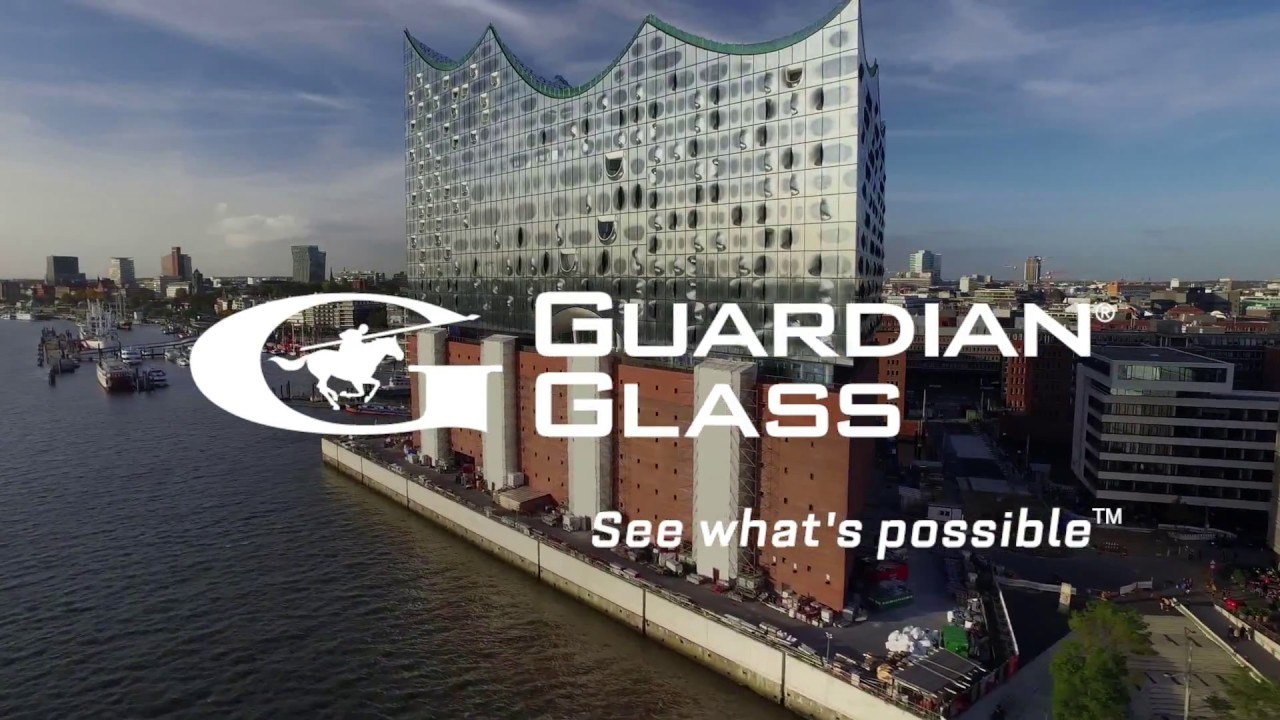Glass for Europe has released an explanatory paper to provide clarity to all stakeholders in the flat glass industry regarding the use of interleaving polymer powders.
The European Commission Regulation (EU) 2023/2055, which came into effect in October 2023, aims to ban the sale of products containing synthetic polymer microplastics. However, this ban does not apply to products intended for use at industrial sites and specific applications.
Given the confusion around this regulation, Glass for Europe has issued this explanatory paper to clarify that the use of interleaving polymer powders in the flat glass sector is allowed, as they are used exclusively at industrial sites. However, suppliers and users of these interleavants are subject to certain obligations under the EC Regulation. Glass manufacturers who are members of Glass for Europe are already working with upstream suppliers and downstream users to ensure full compliance.
Furthermore, Glass for Europe and its members are committed to sustainable practices, which includes the substitution of microplastic interleavant technology once an appropriate substitute has been technically approved and is ready for widespread implementation.
The use of interleavings in the flat glass sector and the REACH restriction on microplastics.
The European Commission Regulation (EU) 2023/2055 restricts synthetic polymer microparticles intentionally added to mixtures. Its purpose is to ban the sale of mixtures containing synthetic polymer microplastics, but it does not apply to products intended for industrial use or specific applications.
The polymer powders used as interleavants in the flat glass sector fall under the regulation but are exempt from the restriction as they are used exclusively at industrial sites and are removed by washing machines. However, suppliers and users must comply with a set of obligations, mostly relating to information across the value chain and reporting to authorities.
Glass for Europe and its members are committed to sustainable practices and are working with suppliers to identify possible alternatives, test candidate substitutes, and implement viable ones as quickly as possible.
Source:glassforeurope with additional information added by GlassBalkan







